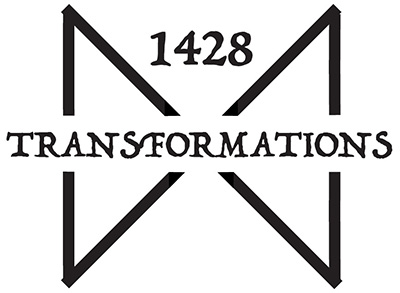Therapy is a healthy resource that benefits many people. It’s great to have a professional with whom you can express your feelings and figure out past experiences to help move you down your path.
That said, it isn’t the only resource available if you’re looking for the advice and encouragement of an expert. Therapy might not even be the best resource if motivation and encouragement are your goals. Instead, you may benefit more from a life coach.
What is a life coach, and how are they different from therapists?
This article highlights the life coach vs. therapist differences to help you decide which is the better resource for you at this point in your life. You may even find that working with both can be of great benefit to you.
What Is a Therapist?
Let’s first give a quick rundown of what a therapist or counsellor is and what they do. There are many types of therapists, but they typically all have a primary focus: mental health.
In general, a therapist is a mental health professional. Sometimes referred to as psychotherapists, they are skilled in helping others overcome mental health issues. These issues may include:
- Anxiety
- Depression
- Addiction
- Substance abuse
- Bipolar disorder
Therapists work in several areas, and therapy sessions can help every type of person of any age, from childhood to old age, with various mental disorders.
Therapists work in schools, rehab centers, and private practice, as they can help people from all walks of life using their advanced skills and education. As you’ll see, this is why the job of a therapist or counsellor may differ from that of a life coach.

What Is a Life Coach?
A life coach is a professional whose job is to help clients achieve their goals and improve their overall lives. As a result, a life coach aims to guide their clients to a place of greater fulfillment.
Life coaches help their clients in several different aspects of their lives, including:
- Career
- Relationships
- Goal setting
- Day-to-day living
Life coaches use their knowledge to teach you the skills and strategies that will help you achieve the most success. One way they do this is by helping you discover your strengths and the best way to use them to your benefit.
Like therapists, life coaches can help in several aspects of your life. Some common forms of life coaching include:
- Career coaching
- Relationship coaching
- Leadership coaching
- Diet and fitness coaching
- Financial coaching
Now that you know what a therapist and a life coach do, let’s highlight the differences to help you figure out which professional will benefit you at this point in your life.

Life Coach vs. Therapist: Know the Difference
Both therapists and life coaches have specialized skills to help their clients overcome adversity and become the best versions of themselves. However, several key differences between a life coach and a therapist will influence your decision on which one to choose.
To help you make the right choice, here are the most important differences between a life coach and a therapist.
Mental Health
The critical difference between a life coach and a therapist is the mental health component of each professional’s knowledge, experience, and expertise.
It’s important to understand that a life coach is not a therapist or any type of mental health professional, for that matter.
If you’re experiencing the following conditions, you most likely need the help of a therapist, not a life coach:
- Anxiety
- Depression
- Mood swings
- Addiction
The key takeaway is that life coaches cannot treat mental health conditions, and for your benefit, you should be in a good mental state to enlist the services of a life coach.
Education
Another critical distinction between a life coach and a therapist is the qualifications of each professional.
Due to the nature of the job, mental health professionals must have specific qualifications that focus on understanding the complexity of the human mind.
In most areas, therapists must at least have a Master’s degree and years of clinical training. Moreover, they also adhere to a strict ethical code to help their patients work through past trauma and focus on emotional healing.
In contrast, the requirements for a life coach certification are not as extensive, but they must still have ample life coach training and experience to best help each coaching client.
Past vs. Present
One of the most interesting differences between a life coach and a licensed therapist is the points of your life each professional focuses on.
You’ll most likely find yourself focusing on your past in a therapy session because therapists help you try to overcome challenges that may have resulted from past trauma and experiences.
In contrast, in a coaching session, a life coach helps you become the best version of yourself and focus on the future.
In psychotherapy and life coaching, you will touch on your past and future, but you’ll find each professional’s focus different.
The Takeaway: Choose the Right Support
You may benefit from a life coach and a therapist at different points of your life, but it’s essential to understand which one is the best option for you right now.
If you know that you’re in a space where you can benefit from life coaching, 1428 Transformations has you covered. We work with you to help you determine your goals, determine the best ways to achieve them, and learn how to get the most fulfillment out of your life.
To make the change, get in touch to book your free 30-minute discovery call.



Recent Comments